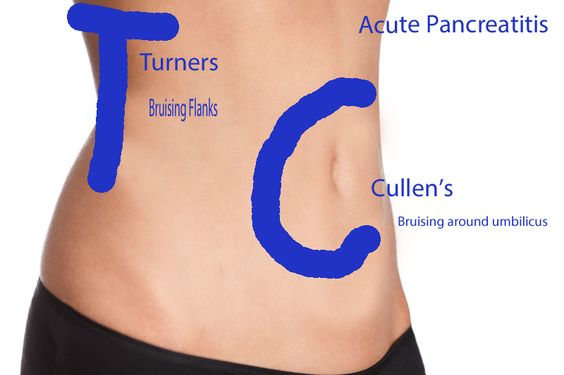
Autoimmune pancreatitis, also called AIP, is a medical disorder where the immune system attacks the pancreas. There are instances where there is a misdiagnosis, and symptoms could be that of chronic pancreatitis or pancreatic cancer. It responds to steroid therapy such as a corticosteroid specifically prednisone.
Two Types Of Autoimmune Pancreatitis:
- AIP Type 1 is common to the elders and is IgG4-related. A blood test may reveal a high level of an immunoglobulin known as IgG4. This type of autoimmune pancreatitis affects other organs in the body such as the liver, kidneys, salivary glands, and lymph nodes. People who have AIP type 1 may experience a relapse or the reoccurrence of the condition.
- AIP Type 2 also known as idiopathic duct-centric pancreatitis is common to younger people and only affects the pancreas. Patients who have this condition do not experience a relapse or reoccurrence.
Causes Of Autoimmune Pancreatitis:
Like any other autoimmune diseases, the origin of autoimmune pancreatitis remains unclear. Studies show that it could run in the blood or hereditary, but it is still ongoing to finally reveal what’s causing our immune system to attack its own.

Symptoms Of Autoimmune Pancreatitis:
- Dark and cloudy urine can be a sign of this condition. The color of our urine can say a lot about our overall health that’s why it is smart to pay close attention to it sometimes, especially when we are feeling something odd about our body.
- Believe it or not, the color and composition of our stool can also say something about our health. Watch out for pale stools or if they are floating in the toilet.
- Is your skin or eyes yellow? Jaundice often correlates with problems in the pancreas, so having a pale or yellow skin or eyes is not normal and could be a warning that there is something wrong with it.
- Pain could always be a symptom of a problem in our internal organs. Be alert for any discomfort in the upper abdomen or middle region of the back.
- Nausea and vomiting are signs of medical issues, and if you experience them along with any other symptoms, these could be warning signs that you should consult a doctor.
- Are you experiencing unexplainable fatigue? You think you get enough rest and eat the right amount of food but still feel weak. You also don’t engage in hard labor yet you experience extreme tiredness. These could be signs of something else like autoimmune pancreatitis.
- Do you notice something different from your eating habits? It is not normal to lose appetite, especially when you are not taking any medications to cause
- Do you experience unexplainable weight loss? There are many medical health problems that contribute to unexplainable weight loss, but if you are having some symptoms of autoimmune pancreatitis, it is best to get a medical opinion.
Diagnosis Of Autoimmune Pancreatitis:
Several tests should be undertaken to determine if a person has autoimmune pancreatitis such as:
- Imaging Tests
- CT scan
- MRI
- Endoscopic ultrasound (EUS)
- Endoscopic retrograde cholangiopancreatograph (ERCP)
- Blood Test
Blood tests could reveal the increased level of the immunoglobulin called IgG4 which is produced by the immune system, but it doesn’t automatically mean that you have autoimmune pancreatitis. Some medical conditions such as pancreatic cancer can cause this as well.
- Endoscopic Biopsy
Through the use of an endoscope, the doctor will get a sample of pancreatic tissue which could determine autoimmune pancreatitis.
- Steroid Trial
Autoimmune pancreatitis responds to steroid treatment. During the steroid trial, the doctor will test if the IgG4 of the patient will be affected by steroid therapy.

Treatment Of Autoimmune Pancreatitis:
- Biliary Stenting
It is a procedure where the doctor will need to drain the biliary ducts which are usually for patients with jaundice.
- Steroid Therapy
Autoimmune pancreatitis responds to steroids particularly corticosteroids.
- Immunosuppressants
Immunosuppressants are used to counter the side effects of prolonged use of steroids.
There may be other treatments and therapies that can help the condition of autoimmune pancreatitis. Early diagnosis is the key to treating medical health problems. If you experience one or more of the symptoms mentioned above, it is best to consult a doctor to deal with the health issue at once.
